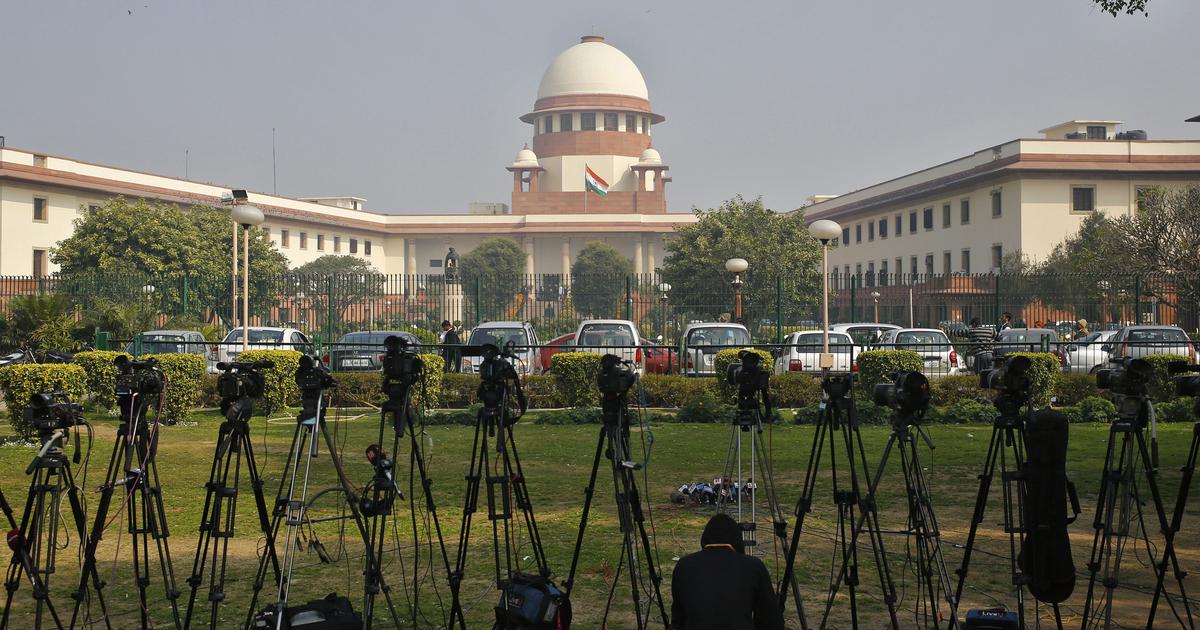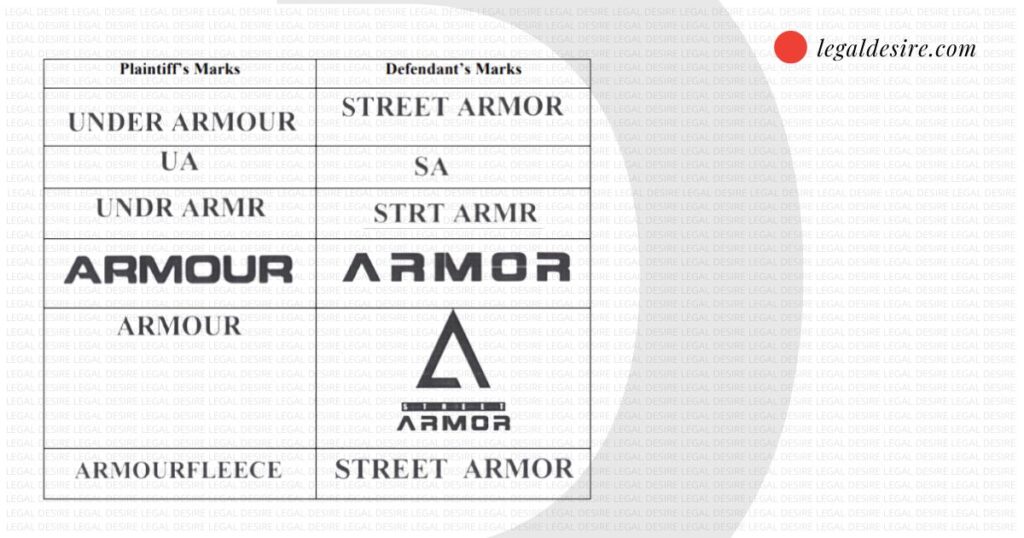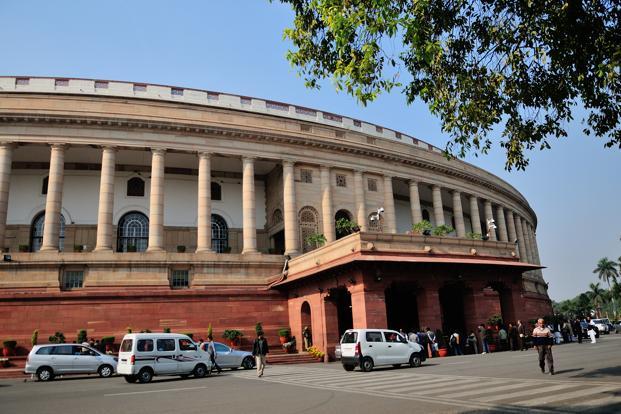Now Reading: SC: ‘Gypsum in all its forms’ as specified in Schedule IV of RV Act to be created as a separate Entry in Schedule V, for naturally governing it by the tax rate which is applicable
-
01
SC: ‘Gypsum in all its forms’ as specified in Schedule IV of RV Act to be created as a separate Entry in Schedule V, for naturally governing it by the tax rate which is applicable

SC: ‘Gypsum in all its forms’ as specified in Schedule IV of RV Act to be created as a separate Entry in Schedule V, for naturally governing it by the tax rate which is applicable
The Apex Court on 08.01.2018, in THE ADDITIONAL COMMISSIONER (LEGAL), COMMERCIAL TAXES, RAJASTHAN & ANR. v M/S. LOHIYA AGENCIES & ANR.[1] , dismissed the appeal filed by the Appellant concerning the facts where ‘Gypsum,’ had been given a taxable entity at a rate percent of 4% under the Rajasthan Value Added Tax Act, 2003. Eventually, the Entry had been amended as well as substituted for expanding the meaning of Entry 56 of Schedule IV of the RVAT by substituting it to ‘Gypsum in all its forms’.
FACTS:
M/s. Indian Gypsum Ltd., being a manufacturer of or ‘gypsum board’, filed an application under Section 36 of RV Act to ascertain if gypsum board falls in the list of Entry 56 of Schedule IV of the RVAT that had been amended , including a rate interest of 4% tax being applicable, or whether it falls under the residuary Entry . It as opined by the Additional Commissioner that ‘gypsum board’, is a different product altogether if views from a commercial perspective thus not falling under the Entry 56 of Schedule IV of the RVAT and rather would fall under the residuary Entry, resulting in a rate percent of 12.5% tax.
The respondent being M/s. Lohiya Agencies, a merchant who dealt in ‘gypsum board’ was being assessed by the Commercial Tax Officer wherein he was alleged to have evaded tax as the VAT percentage charged upon gypsum board was at a rate interest of 4% in spite of such goods not falling under the Entry 56 of Schedule IV of the RVAT,resulting in the proceedings against the respondent where the firm was held liable for paying the differential tax coupled up by the penalty and interest involved
A revision petition being filed before the Rajasthan High Court had reversed the opinions mentioned by the concerned forums when a revision petition was filed before it in terms of the order.
ISSUE:
If ‘gypsum board’ falls within the Entry 56, followed by a taxation of 4%, or if it falls in the residuary Schedule V of Entry 1 and held to be taxed at a rate of 12.5%?
DECISION HELD BY THE APEX COURT:
The Apex Court while dismissing the appeal concluded that the gypsum board should be included in the residuary Entry, while excluding it from ‘gypsum in all its forms’ in the RVAT while creating a distinct Entry in Schedule V, where it would be governed by rate of tax rate that is made applicable to the Entry which is in issue.
[1] Read Judgment:
[embeddoc url=”https://www.sci.gov.in/supremecourt/2017/42160/42160_2017_Judgement_08-Jan-2019.pdf” download=”all”]









